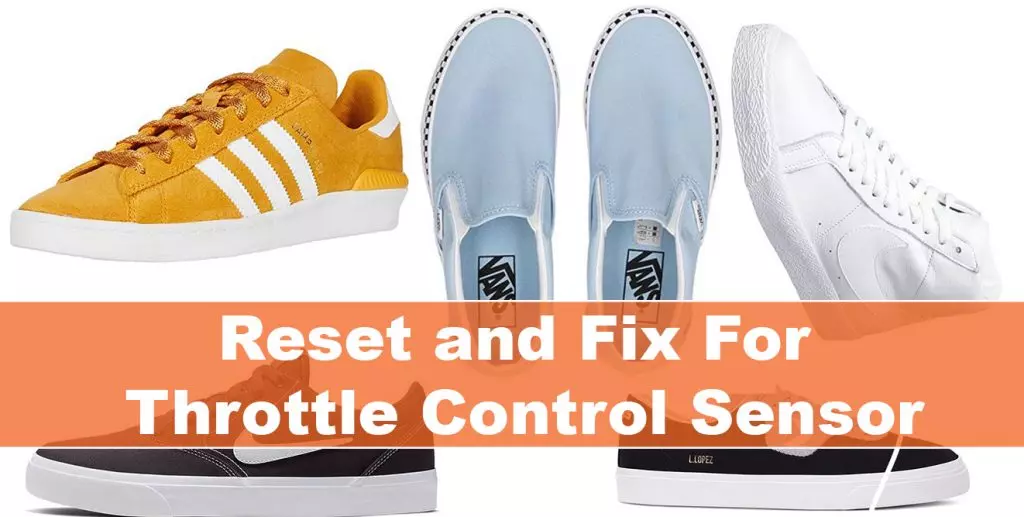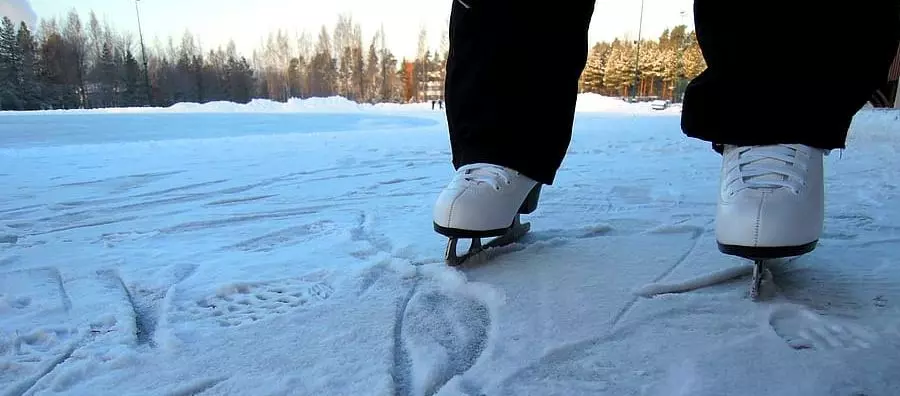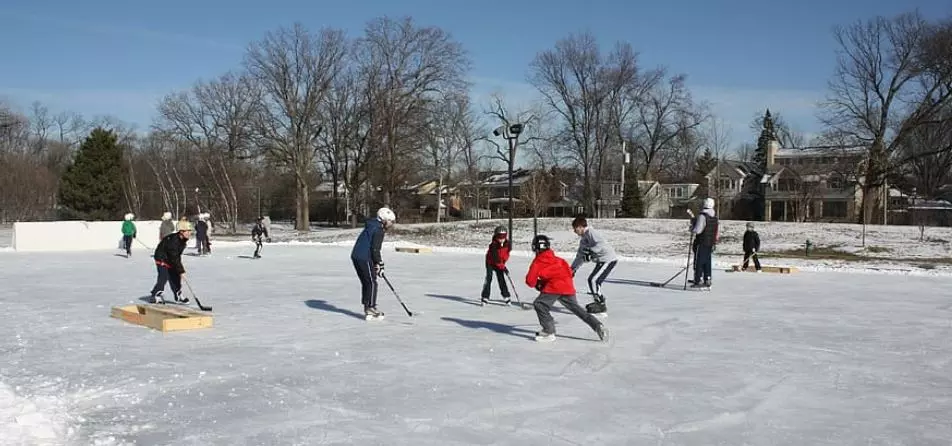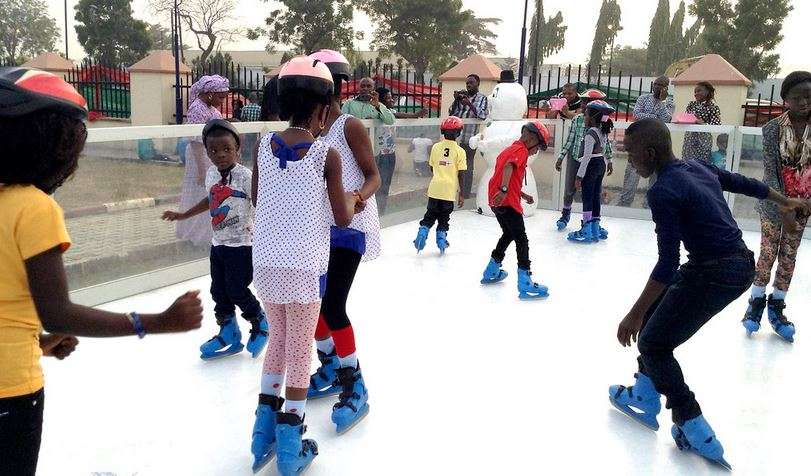Last updated on November 7th, 2022 at 09:52 pm
If you are reading through this post, it means you want to acquire knowledge about if roller skating can cause back pain.
Roller skating is a popular recreational activity among young people. However, many of these young people who skate do not realize how much strain their bodies are under. But can roller skating cause back pain? Find your answers in this post.
When you are roller skating, your body weight is placed on your feet. As a result, your legs are forced to work harder than usual. Your muscles need to keep working hard to balance out your body weight.
Like every other recreational exercise, roller skating strengthens core muscles, but it can cause some injuries if not done correctly.
Most injuries occur due to falls, collisions, and overexertion. Overexertion occurs when a person skates faster than their body can handle.
This causes muscles to contract and pull ligaments and tendons out of place.
When this happens, the bones rub together, causing inflammation and pain.
In addition, if you are wearing tight clothing, then your muscles will become strained even further. For these reasons, roller skaters often experience back pain.
If you have bad posture, you may have lower back pain. To avoid getting injured while roller skating, you should wear proper footwear. It would be best if you also practiced good posture while skating.
Finally, it would be best to warm up before you start skating. Warming up helps your muscles relax and prepares them to perform at their best.
Is roller skating badly for your back?
Roller skating is an excellent exercise for your core muscles and cardio. But too much of it is not suitable for your back. That’s because roller skating combines movements that require your abs and back to work harder than they would otherwise.
If you spend much time on roller skates, you should know that they can cause severe problems for your back. When you roll down hills, you put much pressure on your spine.
You could have chronic pain in your lower back if you ignore how you move.
Can skating cause back pain?
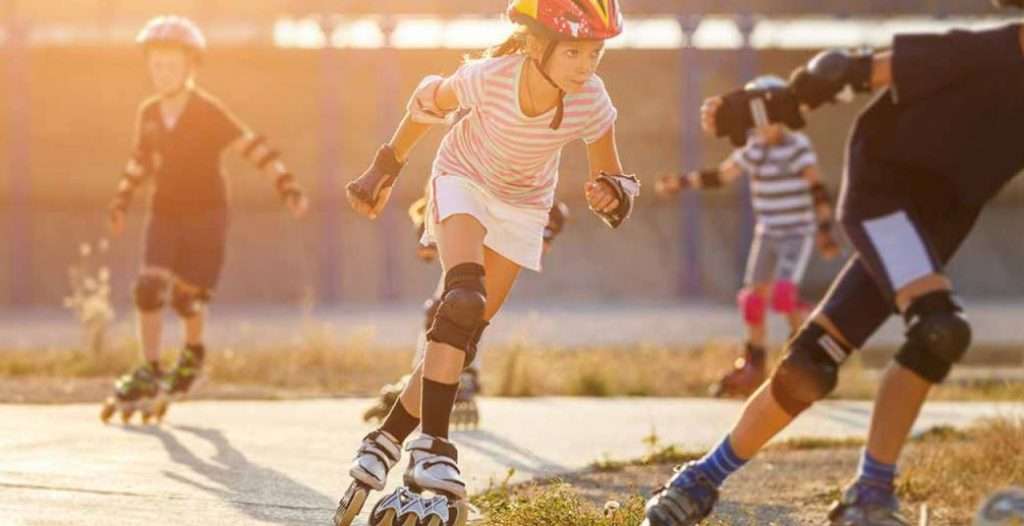
Yes, they do. According to the American Academy of Orthopedic Surgeons (AAOS), nearly 40 percent of skateboarders experience lower-back injuries.
And while these injuries aren’t always serious, they can still lead to chronic pain.
Lower back pain is a common problem among inline and roller skaters.
Inline skating is a sport where athletes use their feet to propel themselves forward, while roller skating uses their feet to roll along a surface. Both sports require much of repetitive movement and can lead to muscle strains.
What Are the Risks Involved?
Skaters face many risks when they start their journey down the road of skating. First off, they need to make sure they wear the proper gear. A helmet is a must; you should also invest in knee and elbow pads.
Then, they should make sure they don’t fall. Falling is the number one cause of injury among skaters. To avoid falling, they should learn how to balance themselves properly. Balance is critical when you’re learning how to skate.
When you first begin, you’ll probably want to practice balancing on flat surfaces. Once you master this skill, you can move onto ramps and rails.
Is roller skating well for back pain?
Yes, but only if it is done correctly. You might benefit from roller skating if you’re experiencing chronic back pain. It can strengthen the muscles in your legs and improve your posture. You can use a roller skate to work out your core and balance.
My back hurts from roller skating.
Lower back pain is a common problem among inline skaters and rollerbladers.
Inline skating and rollerblading require much of upper-body movement, especially if you’re doing tricks. However, if you’re not careful, you could injure yourself.
Here are some tips to help prevent back pain while roller skating.
Prevention tips?
- Wear proper protective gear
Wear protective gear that covers your knees, elbows, shoulders, and head. You should wear a helmet, elbow pads, knee pads, wrist guards, and shin guards.
If you have any preexisting injuries, ensure is done healed before trying roller skating.
- Use good technique?
When you skate, keep your body straight and lean forward slightly. Keep your arms close to your sides, and don’t let them swing freely. Your feet should stay flat on the ground at all times. When you fall, try to use your hands to catch yourself.
- Practice Safely?
If you’ve never tried roller skating before, practice slowly and safely. Don’t go faster than you feel comfortable doing. Also, avoid going downhill or uphill. If you do experience any problems, stop immediately and consult a doctor.
- Warm up and stretch?
To prevent back pain caused by roller skating, stretch before and after each session. Stretching helps loosen up your muscles and prevents them from tightening up.
Treatment options?
Treatment for lower back pain includes rest, ice packs, compression therapy, physical therapy, and medication.
Resting is the first step to recovery. After resting, ice packs may be applied to the area to relieve swelling and inflammation.
Compression therapy involves wrapping the injured area with bandages or using elastic wraps.
Physical therapy focuses on strengthening the muscles around the spine and stretching out the strained muscles. A doctor can prescribe medication if treatment does not work.
Conclusion
Roller skating is a fun activity. However, it is not without its risks. One of these risks is back pain. Back pain is when the muscles in the lower back become strained or injured. While these injuries may seem trivial at first glance, they can have severe consequences if left untreated.
There are many causes of back pain, including poor posture, muscle strain, and injury. If you have been skating for some time and still experience lower back pain, you might need to adjust your skating style.
Try to avoid doing things that put a strain on your back. For example, if you are a beginner skater, try to learn how to skate without using your arms. Also, make sure that you wear the proper equipment. This includes good-fitting shoes, protective pads, and helmets.


